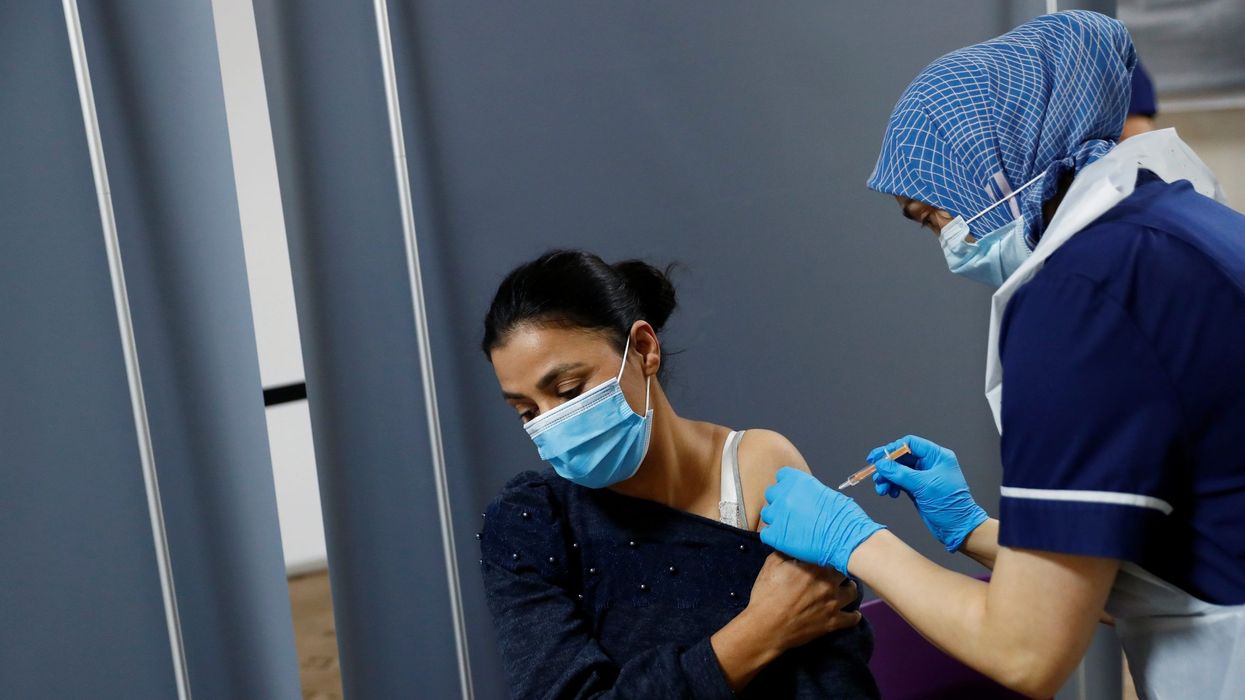Effective interventions are having a positive impact but more needs to be done to combat vaccine-preventable infections after data revealed today showed that it accounted for 20 per cent of hospital bed usage in the UK between 2023 to 2024 at a cost of almost £6 billion.
The return of social mixing, international travel and migration following the COVID-19 pandemic have contributed to the rise in both endemic disease and vaccine-preventable infections, according to the UK Health Security Agency's (UKHSA).
The report showed some positive impact in some areas due to the increase in vaccination with community pharmacies playing an important part in the take up vaccines.
In COVID-19, for example, transmission has declined, with the virus circulating at baseline levels of activity for much of the current winter season. The reported highlighted that vaccination of priority groups, in particular the elderly, remained an important intervention to protect against severe disease.
“We have also seen vaccine uptake decrease for a number of infectious diseases, including measles, whooping cough and in certain groups eligible for the flu vaccine, such as under 65 at risk, pregnant women and health care workers,” said Richard Pebody, director of epidemic and emerging infections at UKHSA.
“This winter has demonstrated that rises in rates of infectious diseases can cause significant strain, not only on the individuals directly affected, but also on the NHS. It is vital that we are not complacent about infections where we can reduce the burden of disease via interventions such as our world-class vaccination programmes.”
The most deprived areas saw diseases and infections twice as high compared to the least deprived with the UKHSA is undertaking further work to better understand these disparities.
“Our scientific capability and the introduction of new interventions are all helping to keep people safe and well, but our report also highlights that we have plenty of work and opportunities ahead,” said dame Jenny Harries, chief executive of the UKHSA.
“Along with our partners across the healthcare sector, we need to be bolder. Behind this data there are real people, people who are sick or at risk of becoming sick, and in some cases dying. This brings with it a cost to our economy too. Yet much of this harm and distress is preventable.
“Our rich data sources provide us with a huge amount of knowledge, and we will continue to use it, carefully and confidentially, to reduce the burden of infectious disease across the country, ensuring our interventions reach the people who need them most.”












